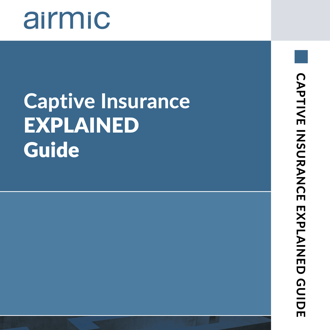Airmic regularly carries out research, and publishes the results in the form of reports, guides and benchmarking documents.
Browse the Technical Library
Risk appetite is an inherent part of human decision-making and should be considered explicitly when comparing the potential outcomes of decision alternatives. It plays a key role in the way reasonable assurance over the adequacy of risk management is formed and communicated to the Board.
Date:
11th December 2024
A combination of underlying political tensions in various regions is leading to a more destabilised global order. How can directors reliably assess both the short and long-term impact and consequences of so varied and amorphous a set of issues on their businesses?
Date:
6th November 2024
This guide highlights the best practices and common pitfalls faced by organisations preparing for cyber incidents, and their resulting claims processes.
Date:
10th September 2024
This note outlines the insurance cover that may be available to organisations that have been impacted by the outage, and the steps organisations should take now to maximise their potential recoveries.
Date:
26th July 2024
A concurrence of electoral cycles across so many countries provides a steady drumbeat of potential flashpoints throughout 2024, holding the attention of risk and insurance professionals. Includes results of the 2024 Airmic Big Question surveys.
Date:
4th June 2024
Claims handling has traditionally been considered a back-office function – but the claims experience is increasingly a key criteria used by Airmic members when deciding which insurer to place their cover with.
Date:
4th June 2024
AI has been flagged as an emerging risk for some time – boards are discussing AI risk frameworks and risk assessments. Boards need to be confident and informed about the outcomes of AI decisions that can affect the lives of people.
Date:
4th June 2024
Organisational horizon scanning and foresight activities are never about predicting the future; they are simply tools to explore the future, inform us about our options and provide direction for our preparedness and strategic thinking.
Date:
4th June 2024
The past four years have seen a revitalisation of captive utilisation. Captives are en vogue again but it has not always been the case this century.
Date:
4th June 2024
Risk-taking is fundamental to the success of any organisation. Leaders must decide the extent to which risk needs to be sought, accepted, addressed or avoided. Their approach will determine how risks are managed across their organisation.
Date:
4th June 2024










